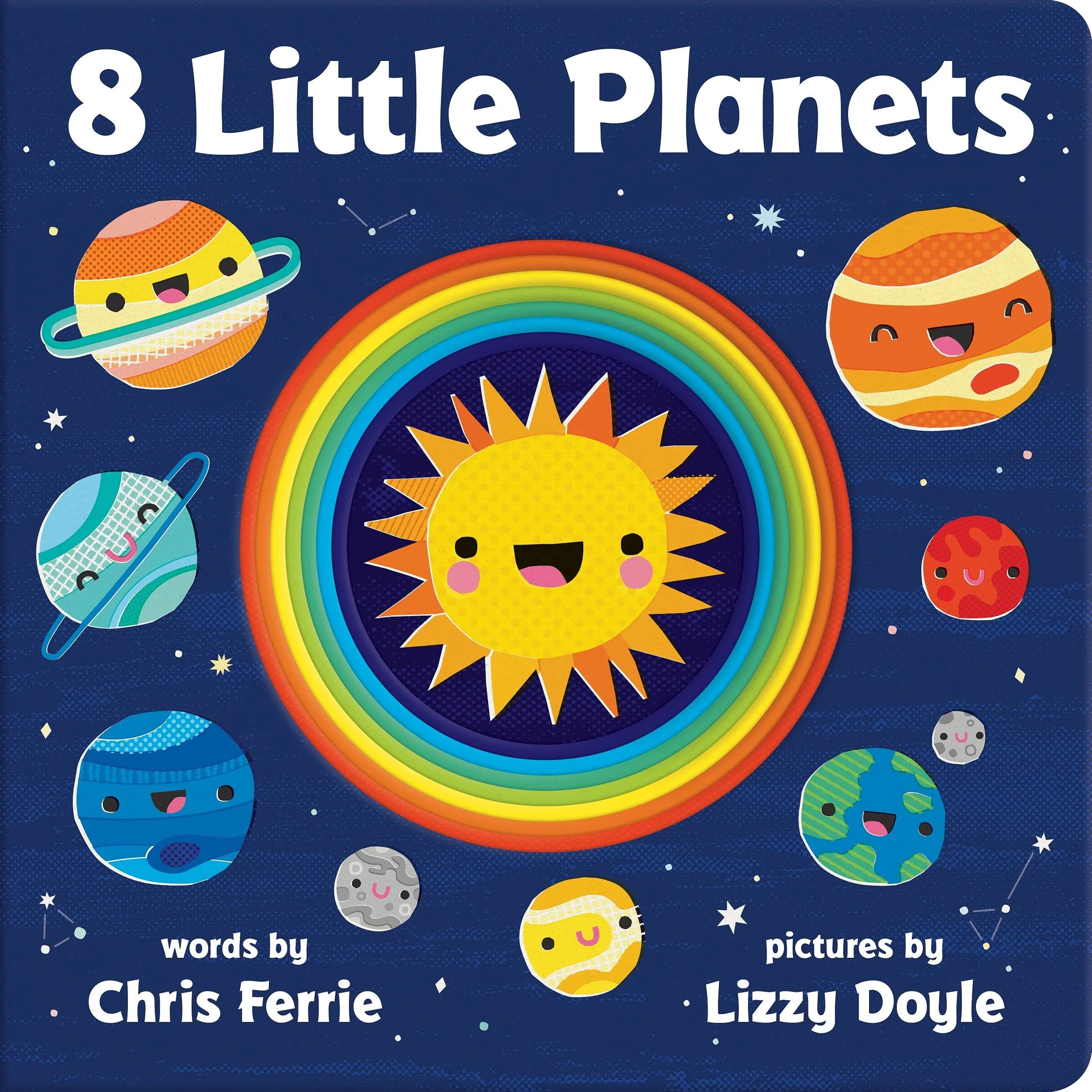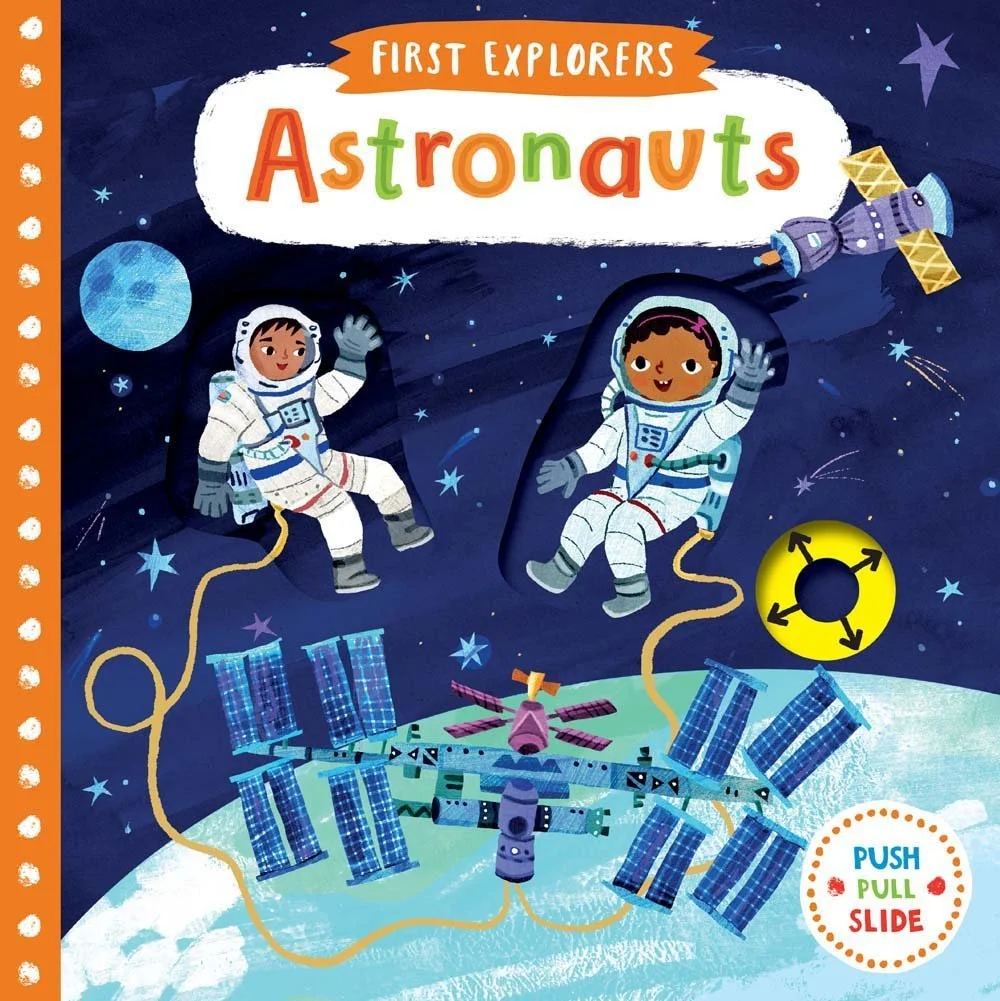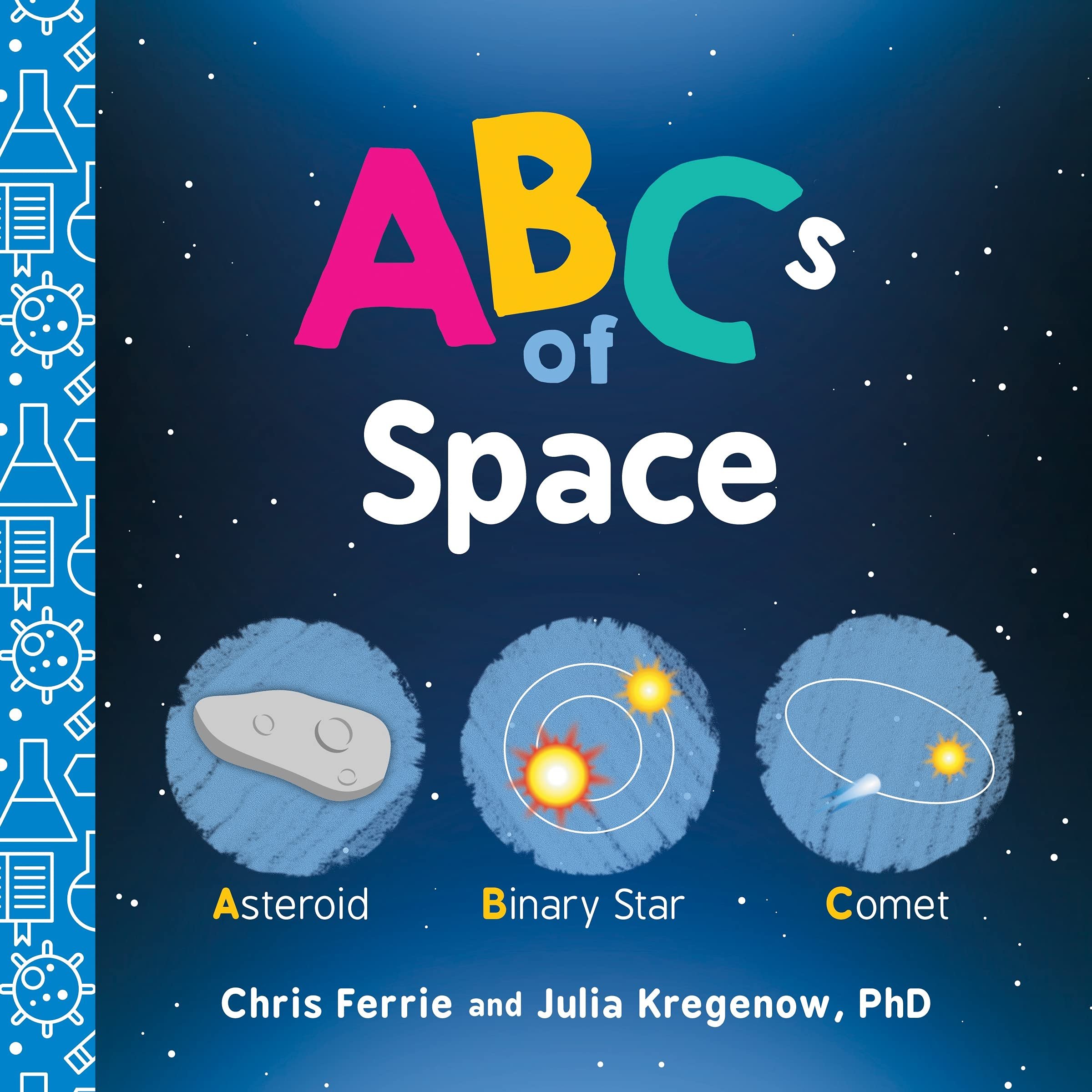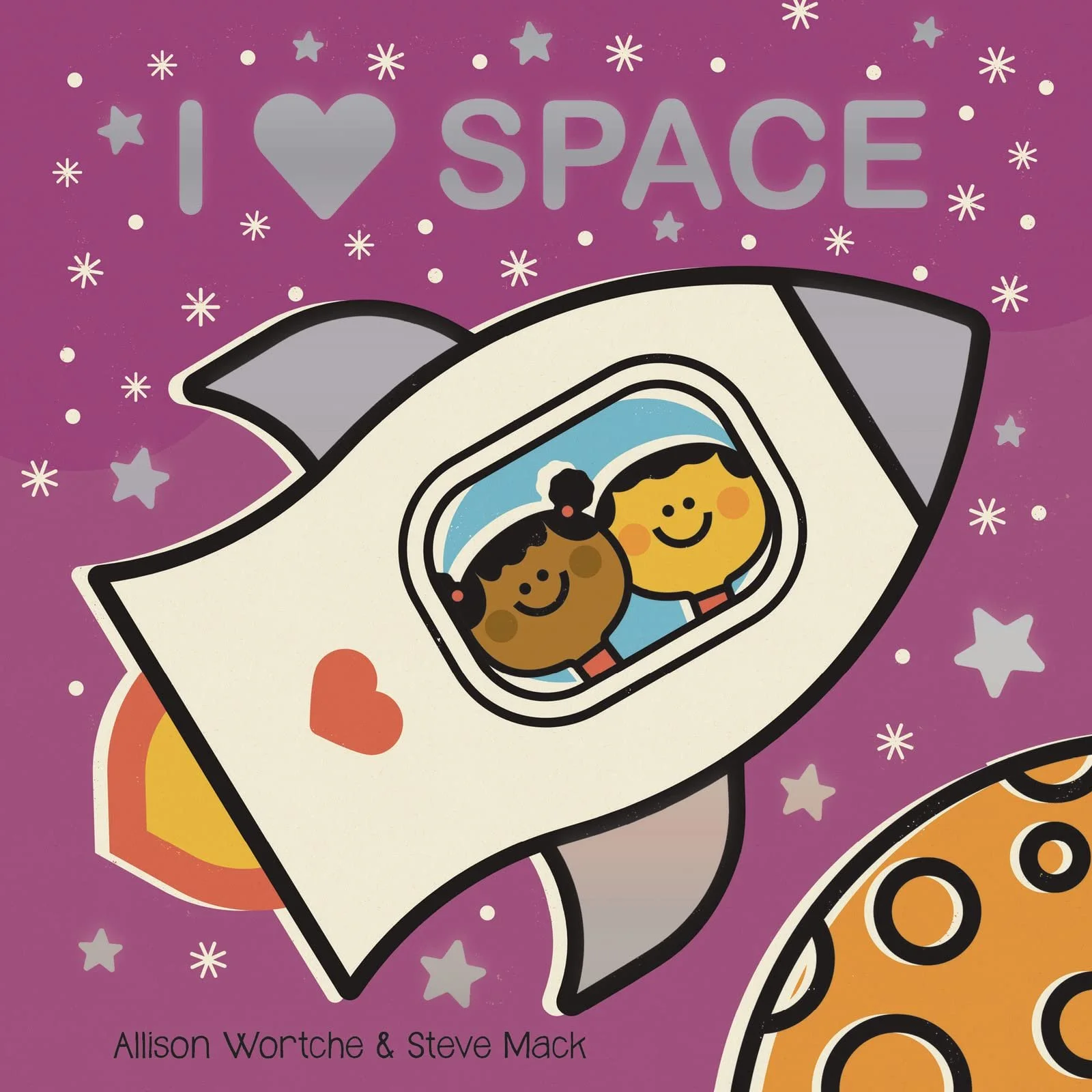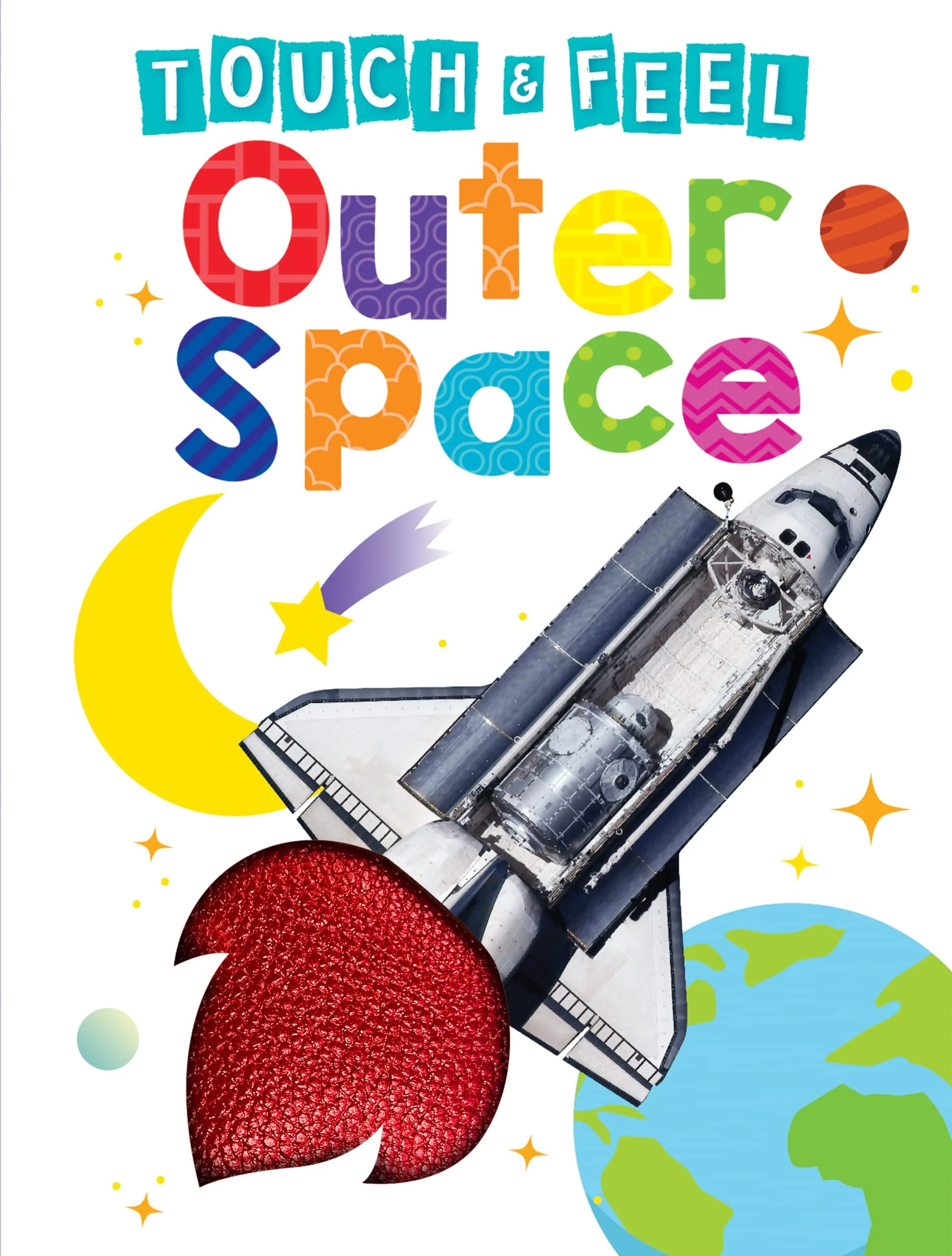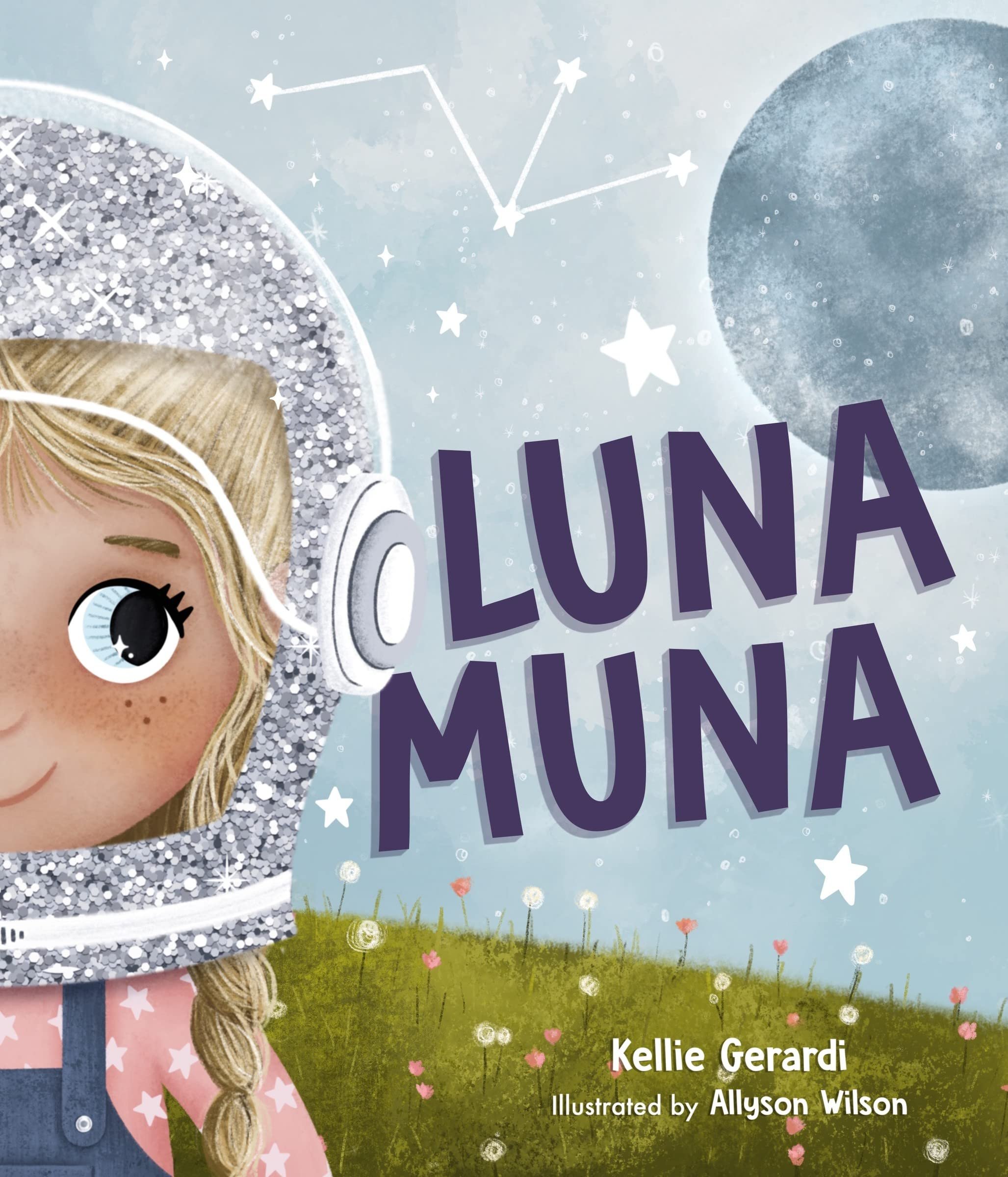Baby Books About Space
Baby Books About Space
Experience, Read, Sing, and Play: Adler Planetarium
This series is inspired by the principals of literacy promoted by our local library: Talk, Sing, Read, Write, and Play. I replaced “talk” with “experience” to provide activity ideas that you can talk during or talk about before and after the experience. I also took out the writing portion since my child is not yet old enough to write (6 months at the time this blog first posted.)
Experience
Adler Planetarium is a museum in Chicago, Illinois, dedicated to the study of astronomy and astrophysics. It was founded in 1930 and is the oldest planetarium in the Western Hemisphere. Adler Planetarium features numerous exhibits, interactive displays, and a collection of historic astronomical instruments and artifacts. Visitors can also enjoy shows in the planetarium's theaters, including a virtual reality experience of the solar system and a 3D movie about the history of space exploration. The museum is a popular destination for families, school groups, and anyone interested in space and science.
Adler Planetarium is a great place to take kids. They have a variety of exhibits and shows that are both entertaining and educational. Kids can learn about space, astronomy, and the history of space exploration. There are also interactive exhibits and opportunities to touch real meteorites and see a telescope up close. Overall, Adler Planetarium is a fun and informative destination for families with children.
Read
Reading books about space to kids offers numerous benefits that can contribute to their educational, emotional, and intellectual development:
Inspiring Curiosity: Space is a topic that naturally sparks curiosity in children. Reading books about space introduces them to the wonders of the universe, igniting their imagination and inspiring them to ask questions about the cosmos, planets, stars, and beyond.
Expanding Knowledge: Space books provide valuable information about astronomy, astrophysics, and space exploration. Children learn about the solar system, galaxies, black holes, comets, and other celestial phenomena, expanding their understanding of the universe and the scientific principles that govern it.
Encouraging STEM Interest: Introducing children to space through books can foster an interest in science, technology, engineering, and mathematics (STEM). Learning about space exploration, space missions, and the work of astronauts may inspire children to pursue careers in STEM fields as they grow older.
Promoting Critical Thinking: Space books often present complex concepts and challenges that require critical thinking skills to understand. Children learn to analyze information, make connections, and draw conclusions as they explore topics such as gravity, orbits, space travel, and the search for extraterrestrial life.
Building Vocabulary: Space books introduce children to a variety of scientific terms and vocabulary related to astronomy and space exploration. Reading about stars, planets, moons, and space missions helps expand their vocabulary and improves their language skills.
Encouraging Imagination and Creativity: Space is a realm of endless possibilities that sparks children's imagination and creativity. Reading about space adventures, alien encounters, and distant worlds allows children to explore new ideas, envision the future, and create their own stories and scenarios.
Fostering a Sense of Wonder and Awe: Space books evoke a sense of wonder and awe as children contemplate the vastness and beauty of the universe. Learning about the scale of the cosmos and the mysteries of space can instill a sense of humility and appreciation for the natural world.
Connecting to Real-World Events: Space exploration is an ongoing endeavor with new discoveries, missions, and developments happening regularly. Reading space books allows children to stay informed about current events in space exploration and connect to real-world discoveries and achievements.
Promoting Environmental Awareness: Learning about the Earth's place in the universe through space books can foster a sense of environmental awareness and stewardship. Children gain perspective on the fragility of our planet and the importance of protecting and preserving Earth for future generations.
Creating Opportunities for Bonding: Reading space books together can be a fun and engaging activity for families. Parents and children can bond over shared interests in space exploration, astronomy, and science fiction, fostering positive relationships and lasting memories.
In summary, reading books about space to kids offers a wide range of benefits, from inspiring curiosity and expanding knowledge to promoting critical thinking and fostering creativity. Whether they dream of becoming astronauts, astronomers, or simply exploring the mysteries of the universe, children can find endless opportunities for learning and exploration through space books.



